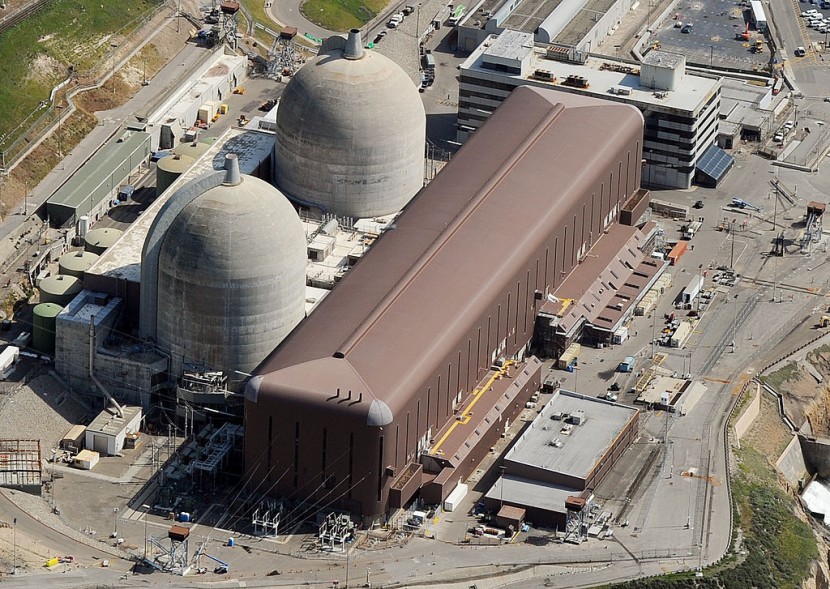California's energy regulators made a decision to extend the lifespan of the Diablo Canyon nuclear power station by five years.
This decision comes despite calls from environmental groups to shut down the plant. The California Public Utilities Commission agreed to extend the shutdown date for the state's last functioning nuclear power facility through 2030, changing the previous agreement to close it in 2025, as per ABC News.
California Debates Safety and Environmental Extension

Located midway between Los Angeles and San Francisco, the twin reactors of Diablo Canyon have been supplying up to 9% of the state's electricity on any given day since the mid-1980s. While the decision from the California Public Utilities Commission marks the latest development in the ongoing debate over the operation and safety of the plant, the federal Nuclear Regulatory Commission will also consider whether to extend the plant's operating licenses.
There have been numerous legal battles surrounding Diablo Canyon. In August, a state judge rejected a lawsuit filed by Friends of the Earth that aimed to block Pacific Gas & Electric (PG&E), the plant's operator, from seeking an extension. Then, in October, the Nuclear Regulatory Commission dismissed a request from environmental groups to shut down one of the reactors immediately.
The initial plan to close Diablo Canyon by 2025 was changed at the state's direction, with the intention of seeking a longer operating run for the plant. One of the reasons cited for this change was the need for Diablo Canyon's power beyond 2025 to avoid potential blackouts as California transitions to solar and other renewable energy sources.
While supporters of the extension argue that Diablo Canyon is crucial for California's electricity reliability and its contribution to the state's zero-emission targets, critics voice concerns about the high projected costs of continuing to run an aging nuclear power plant, estimated to exceed $6 billion. Activists also argue that the plant's proximity to fault lines makes it vulnerable to earthquakes, posing a significant risk.
Furthermore, the issue of nuclear waste disposal remains unresolved. Currently, nuclear plants, including Diablo Canyon, have to store their waste on-site due to the lack of a national repository for nuclear waste. This raises concerns over potential contamination and the long-term environmental impact, according to Yahoo News.
Read Also : Japan, Italy, and UK Agree To Establish Joint Body To Build Next-Generation Fighter Jets
Debate Over Diablo Canyon
Opponents of the extension warn of the inherent risks associated with nuclear power, and they believe that the potential for a nuclear catastrophe outweighs the benefits. "If you approve overturning the Diablo shutdown agreement, you risk culpability for a nuclear catastrophe," said Daniel Hirsch, a retired director of the Program on Environmental and Nuclear Policy at UC Santa Cruz.
Governor Gavin Newsom, who was once a proponent of closing the plant, has shifted his stance, arguing that Diablo Canyon is necessary to meet the state's energy demands and prevent blackouts as California's reliance on solar farms increases.
Ultimately, the Energy Commission's decision is expected to ensure a stable supply of zero-emission power in California in the short term, but it raises concerns about the high costs and potential safety issues associated with running an aging nuclear power plant.
The State Utilities Commission acknowledges that the specific costs of the extended operation are still unclear, and a federal safety review will also be conducted. However, the decision aims to facilitate a transition to renewable energy sources and asserts that Diablo Canyon is not expected to operate beyond 2030.
This controversial decision has ignited intense debate, with activists, environmental groups, and concerned citizens continuing to voice their opposition. As the extension takes effect, the focus will shift towards closely monitoring the plant's operations and ensuring the safety of both residents and the environment, Los Angeles reported.
© 2026 HNGN, All rights reserved. Do not reproduce without permission.








